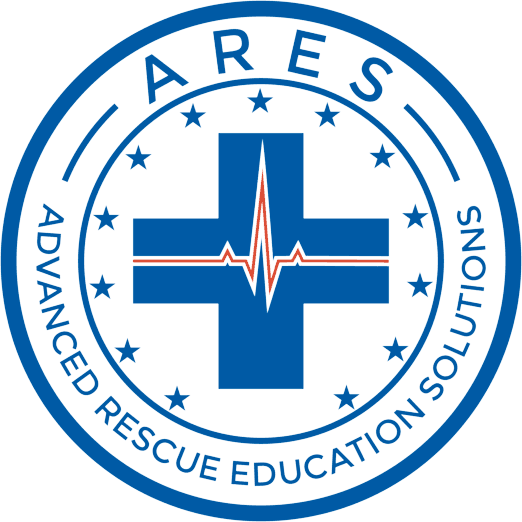Guide to Entering the Healthcare Field through ARES Courses
Embarking on a career in healthcare is an exciting and fulfilling choice. At ARES, we offer a variety of courses that cater to different interests within the healthcare sector. This guide outlines the pathway from basic certification to specialized training in areas such as Phlebotomy, Pharmacy Tech, Medical Assistant, and Nursing Assistant.
Step 1: Basic Life Support (BLS) Training and Certification
Your first step into the healthcare field is obtaining a Basic Life Support (BLS) certification.
Importance of BLS
- Skills Gained: CPR, use of AED, and basic emergency response skills.
- Foundation: BLS is fundamental for anyone entering the healthcare field, providing the groundwork for patient care skills.
- Certification: Upon completion, you will receive a BLS certificate, a prerequisite for more advanced healthcare courses.
Step 2: Choosing Your Healthcare Pathway
After acquiring your BLS certification, you can choose one of the following specialized courses offered at ARES:
Option 1: Phlebotomy
- Role: Phlebotomists specialize in drawing blood for tests, transfusions, research, or blood donations.
- Course Outline: Training includes anatomy, phlebotomy techniques, handling and processing blood samples.
- Duration: Phlebotomy courses vary but typically last several weeks to months.
Option 2: Pharmacy Tech (Coming Soon)
- Role: Pharmacy Technicians assist pharmacists in dispensing prescription medication to customers or health professionals.
- Course Outline: The curriculum covers medication dispensing, pharmacy law, pharmacology, and healthcare systems.
- Duration: The length of Pharmacy Tech programs can range from a few months to a year.
Option 3: Medical Assistant (Coming Soon)
- Role: Medical Assistants perform administrative and clinical tasks in healthcare settings.
- Course Outline: Training includes patient care, record keeping, administering injections, and assisting with medical examinations.
- Duration: Medical Assistant programs usually last from 9 months to 2 years, depending on the depth of training.
Option 4: Nursing Assistant (Coming Soon)
- Role: Nursing Assistants provide basic patient care under the supervision of nursing staff.
- Course Outline: Courses focus on basic patient care, communication skills, and assisting with daily living activities.
- Duration: Nursing Assistant programs often take a few weeks to several months to complete.


